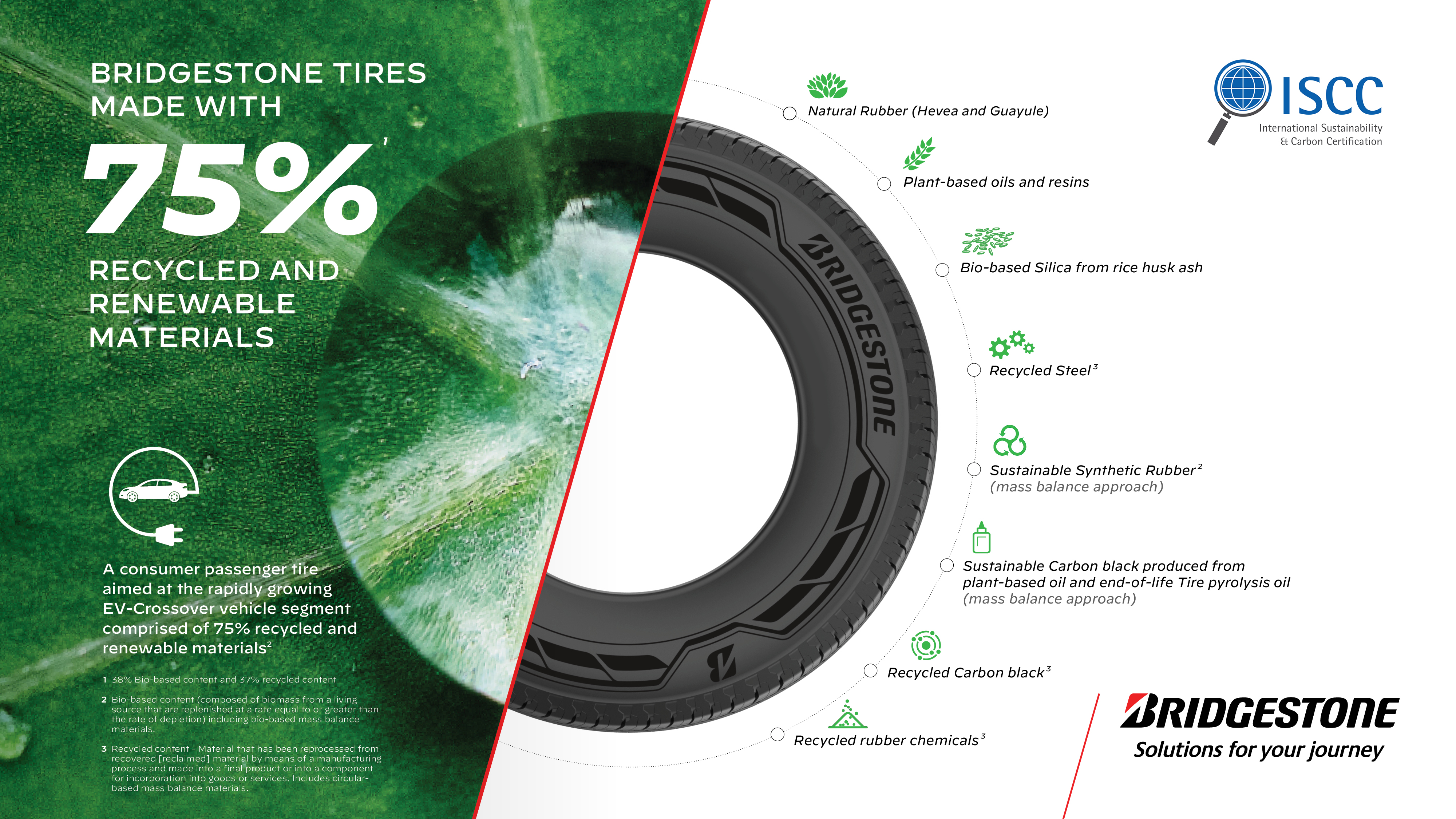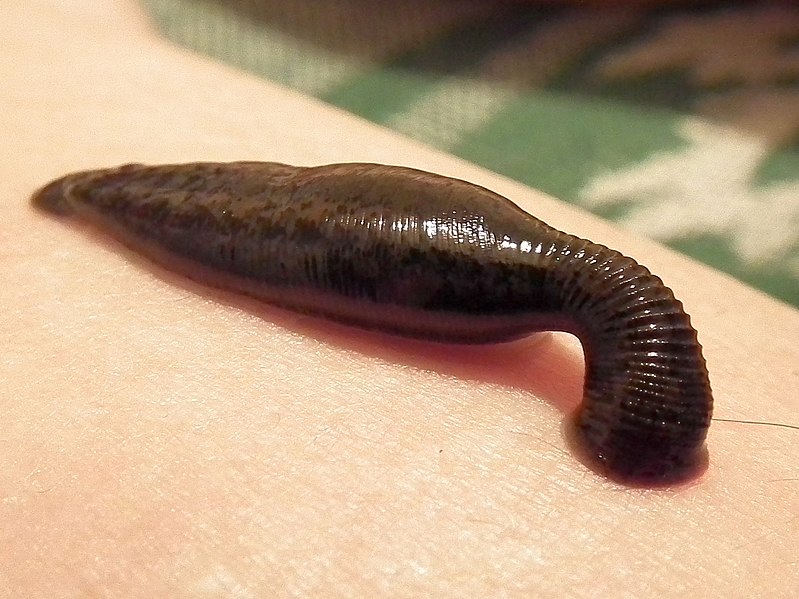Environmental science is an academic field that incorporates several disciplines, such as physical, information, and biological sciences, to understand the environment and solve environmental problems. It draws from fields like geology, ecology, meteorology, physics, and chemistry and may study how humans impact the environment. There are several different degrees you can take if you want to work in environmental science as it is a vast field. Here are six options to consider.
Environmental Degrees Options
Bachelor of Science in Environmental Science
This is a versatile degree taken by those who have a passion for solving people’s and the world’s problems. Those who take this degree will learn from different fields like biology, chemistry, geology, and mathematics and apply the skills learned to become analytical problem solvers. You can branch into several subfields with a BSc in Environmental Science like wildlife conservation, waste remediation, and environmental consultation. Additionally, you can also branch into fields like horticulture, oceanography, and meteorology. Ideally, this course should take four years.
Bachelor in Environmental Science for Sustainable Energy and Technology
There is an increased interest in how human processes like energy production can become more sustainable for the sake of future generations. If you are interested in topics like pollution, climate, and global warming, this may be an excellent degree to pursue. You will get to have a firm grasp on subjects such as ecology, mathematics, biology, and chemistry. Topics you will cover include pollution and cleanup technology, bio-based waste management, sustainable energy techniques, and environmental policies, among many others.
Bachelor of Science in Environmental Data Science
Data science is a big driver in modern innovation and is being applied in many different fields, from marketing to finance. With this degree, you learn to analyze data that has been collected in geosciences from various sources like satellites and sensors to better make sense of the planet. When this data is analyzed, it can be used to glean useful insights about the current state of the earth as well as create predictive models about how the future might be. Additionally, this data can be used to improve infrastructures that are critical to sustaining human civilization, for example, dams.
Bachelor of Science (Physical Geography and Environmental Geosciences)
Earth is in constant motion, be it around the sun or internal movements. This degree focuses on processes and patterns in the environment resulting from natural forces, such as spatial arrangement and change over time. You can learn about environmental and ecological problems in different areas like in coastal landscapes, forests, and terrestrial and extraterrestrial ecosystems and how to solve these problems. You will also learn a wide range of techniques and skills, such as geochronology, geochemistry, and the application of the most innovative technologies in spatial sciences.
Bachelor’s Degree in Environmental Chemistry and Bioresources
This degree offers to train chemists in techniques that can be used to solve environmental problems. You will learn about different topics such as marine ecosystems, the atmosphere, the behavior of gases, the role of greenhouse gases, the role of the ocean in the biosphere, etc. You learn about new technologies used in the environmental science fields and how they can be used to maintain, improve, and solve problems in the environment.
Bachelor of Science in Water Resources and Geo-Environmental Sciences
Many areas in the world face severe water shortages. Knowledge of water resources can equip you to understand useful topics such as water conservation and storage as well as managing the water sources and improving the water quality. You may choose to specialize in fields such as water treatment and reuse, public and environmental health, water purification and bottling, water quality monitoring, and control, among many others. You would be able to help meet the 6th UN Sustainable Development Goal dealing with Clean Water and Sanitation.
If you are wondering what the career prospects are with a degree in environmental science, here are a few career opportunities for you.
Career Prospects for an Environmental Degree Holder
- Waste Management Officer – You may be responsible for organizing and directing waste management facilities.
- Recycling Officer – You will help design and develop waste reduction policies and help to maintain local recycling schemes.
- Environmental consultant – You will help your clients to eliminate or minimize environmental damage.
- Sustainability consultant – Sometimes, what people or businesses need conflict with what the environment needs. Your role involves developing solutions that solve these conflicts.
- Water quality scientist – Through scientific analysis and testing, you will safeguard all aspects of water quality.
There are many ways that human behavior has negatively impacted the environment. If you are passionate about the maintenance and restoration of the environment, you should consider venturing into environmental science.
Author’s bio: Thomas Moore is an educator and a professional freelance writer who works for an admission essay writing service. He enjoys writing useful pieces and teaching college students. He is an author of numerous posts and articles published both online and in print media.







